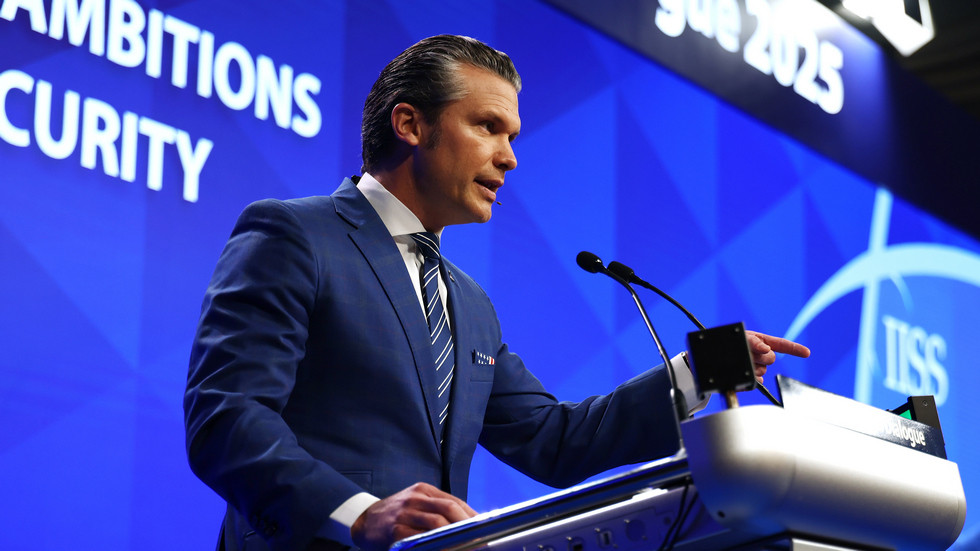A rare foray into the Saudi nightlife, both swanky and seedy, Ali Kalthami’s “Night Courier” (“Mandoob” in Arabic) centres on thirtysomething Fahad (Mohamad Aldokhei), a hapless call centre worker who takes on night shifts as a delivery man to pay his father’s medical bills and support his divorced sister.
Struggling to make ends meet, Fahad makes one bad choice after another, eventually ending up in the lucrative business of delivering alcohol to the well-heeled – only to fall foul of the gangs who typically run such operations.
The consumption and possession of alcohol is strictly forbidden for Saudis – and punishable by fines, imprisonment and public flogging. On the black market, however, the sons of wealthy Saudi families can buy alcohol at hefty prices, reaching several hundred euros for a bottle of whisky.
To display this content from , you must enable advertisement tracking and audience measurement.
Such deliveries usher Fahad into the luxury world of Riyadh’s partying elite, resulting in a dizzying and deeply disturbing encounter for the devout Muslim. Kalthami’s camera exposes the brutal contrast between his clients’ swanky penthouses and the shabby outer suburbs he lives in, capturing a vivid snapshot of a rapidly changing city.
A city ‘kind to nobody’
In mining the themes of poverty, social disparity and alcohol trafficking, “Night Courier” tackles head-on the social and economic realities of contemporary Saudi Arabia, an oil-rich Gulf state where fossil fuels are far from benefitting everyone.
In 2023, some 13.6% of Saudis were living below the poverty line, according to the United Nations Economic and Social Commission for Western Asia (ESCWA).
“The film describes situations I experienced myself,” says Kalthami, who grew up in a poor district of Riyadh, a sprawling and fast-changing metropolis he describes as “kind to nobody”.
At 41, the filmmaker is one of the faces of the cultural ‘openness’ touted by Crown Prince Mohammed bin Salman, the kingdom’s de facto ruler, who has identified cinema and the arts as means to overhaul the image of a country long associated with repressive social policies.
Read moreSaudi Arabia wields cinema as tool of soft power
Released domestically in late 2023, “Night Courier” proved to be a commercial hit at home, topping the box office with more than 600,000 sales – an unprecedented achievement for a native film in a country that only lifted a ban on cinemas in 2017.
A burgeoning film industry
The movie’s commercial and critical success caught the eye of the Netflix platform, which released it in the wider region last September.
“With about three to five feature films produced in a year, Saudi cinema is still in its infancy – but it's experiencing a boom,” says Maxime Bos, a former French diplomat who lived in Saudi Arabia for seven years, where he worked in the cultural field.
“There are many young directors, including female directors, and they have unexpected things to say,” he adds.

Bos says the country’s fledgling industry is “in the process of structuring itself”, with the emergence of writers, cinematographers, music composers and other jobs critical to the sector.
Film workers enjoy the backing of the Saudi culture ministry, which supports training programmes, co-productions, creative residencies and the promotion of homegrown talent abroad.
The industry can also rely on the growing clout of the Red Sea Film Festival, a star-studded showcase for Saudi film and a key instrument of the country’s cultural soft power, whose eponymous foundation helped support “Night Courier”.
An outlet for youth
The emergence of the Saudi film industry has gone hand in hand with its relative liberalisation, with the likes of Kalthami delving into societal issues that would previously have been taboo.
“By giving a green light to ‘Night Courier’, Saudi authorities want to prove that Saudi cinema and artistic life truly exist, and that they allow things to be shown,” says Karim Sader, a political analyst and consultant specialising in the Gulf countries.
“But it’s not like the film is destroying the country’s image,” Sader cautions. “It tells the story of one man’s marginality. It raises a social issue but does not undermine the government. It remains a controlled gesture of openness.”
To display this content from , you must enable advertisement tracking and audience measurement.
In a country where 60% of the population is under 30, Crown Prince bin Salman is banking on support from ultra-connected youth who are steeped in Western culture and yearning to shape their own narratives, adds the consultant.
“MBS has chosen to give them this ‘privilege’ of sorts, to have their own cinema, their own stories, their own outlet,” he says. “The aim, perhaps, is also to ward off the frustrations that elsewhere boiled over into the Arab Spring uprisings.”
This article was adapted from the original in French by Benjamin Dodman.











 English (US) ·
English (US) ·